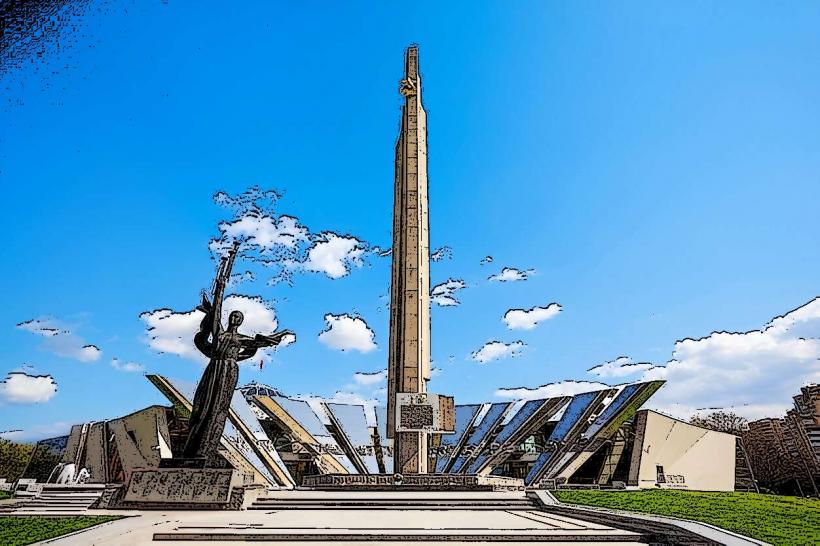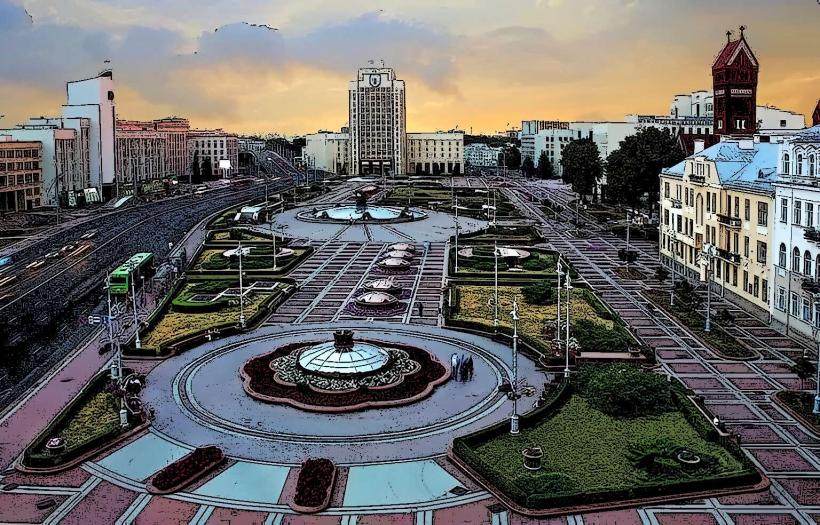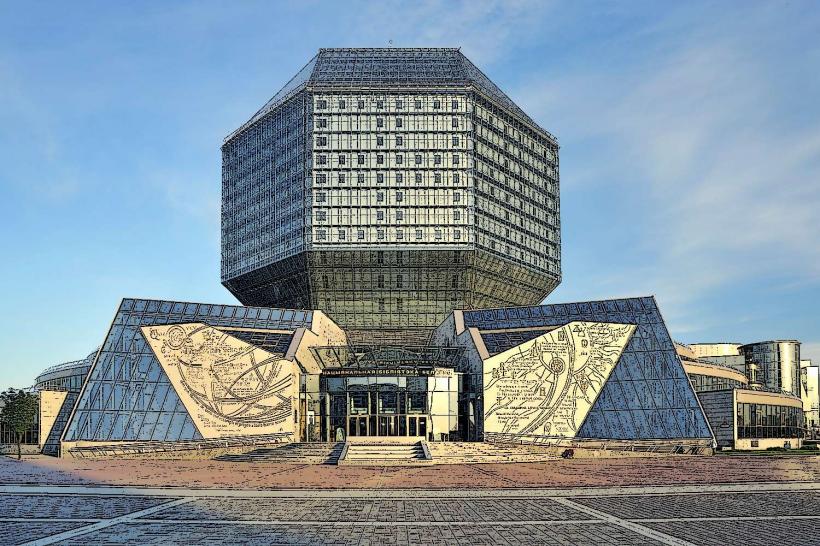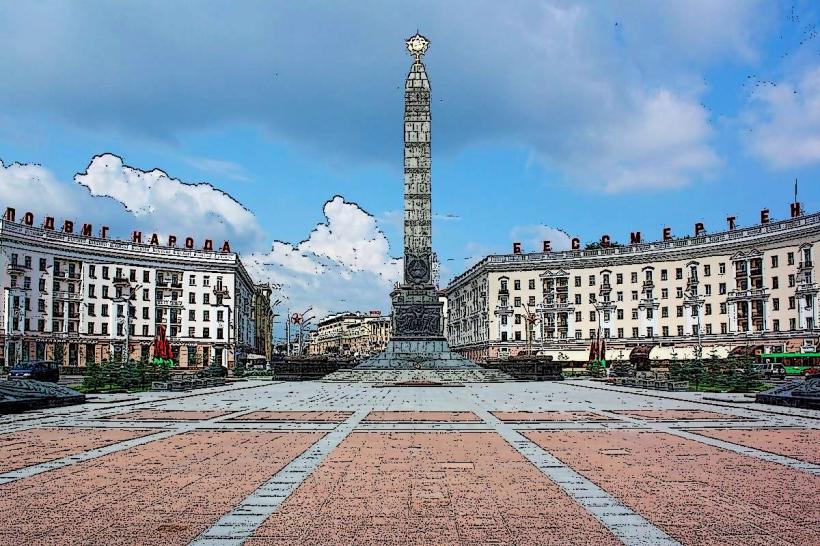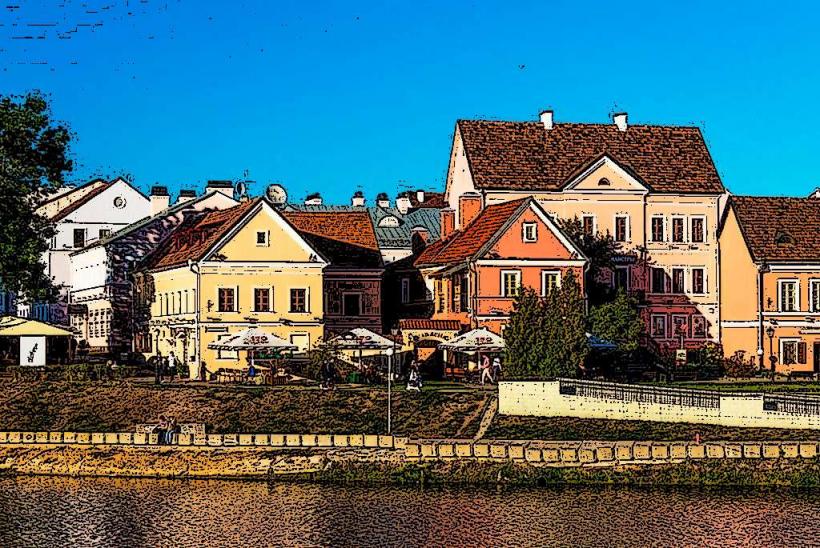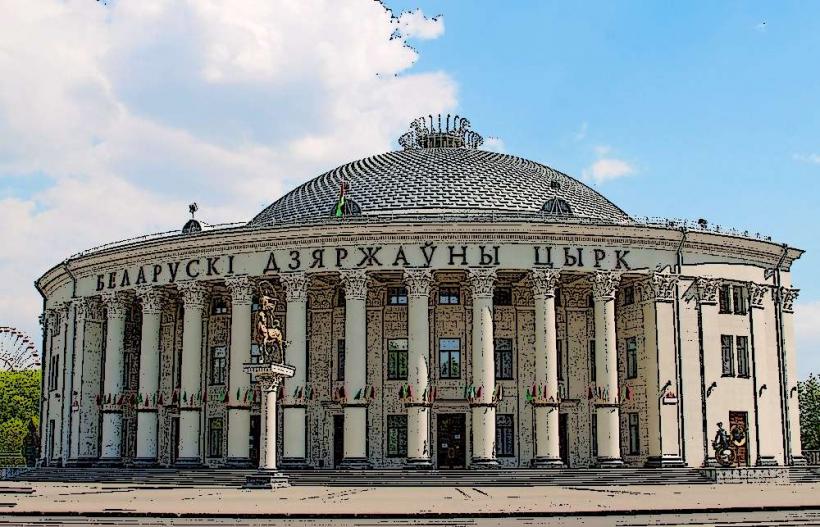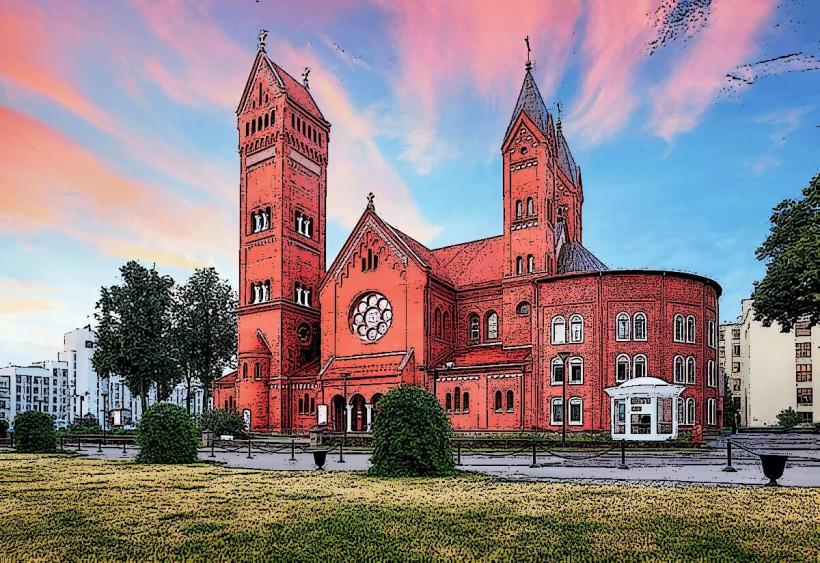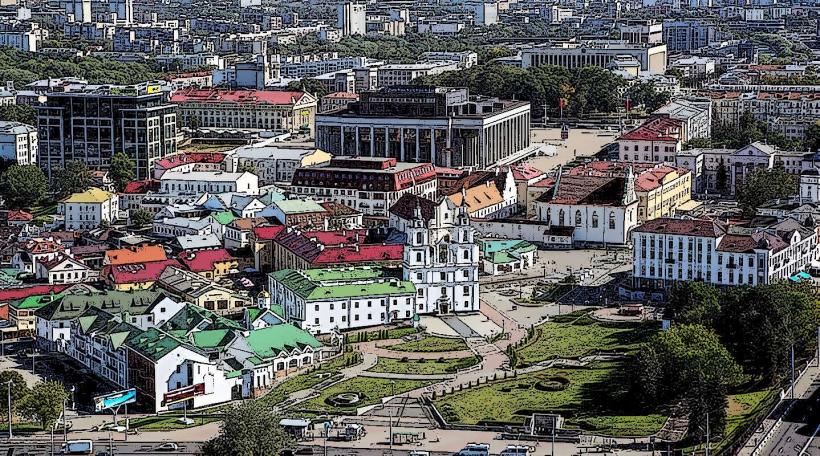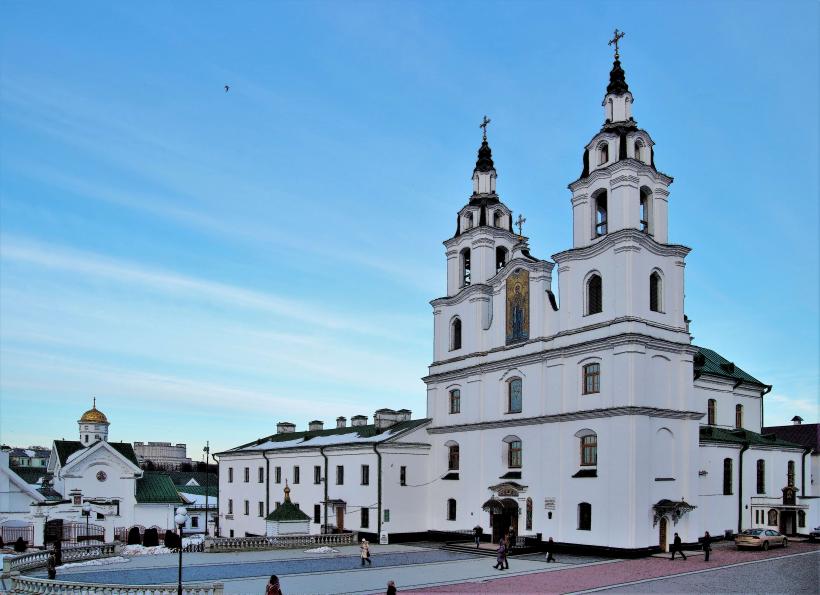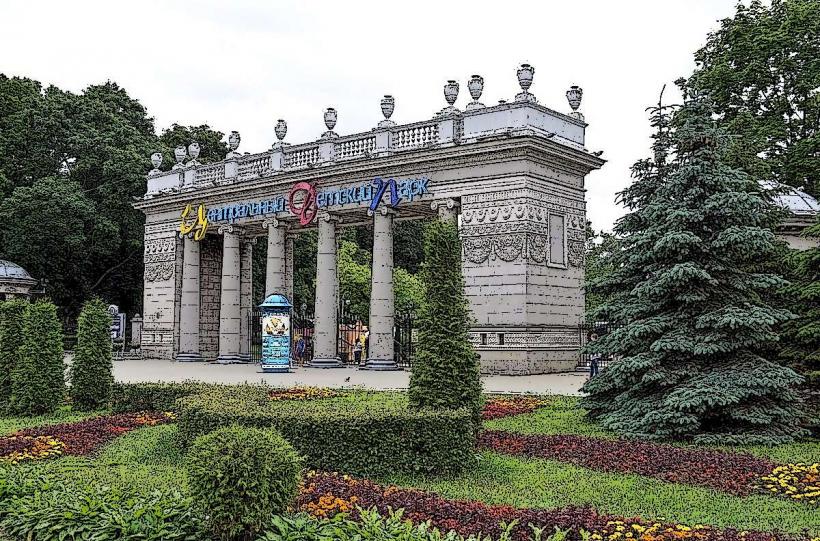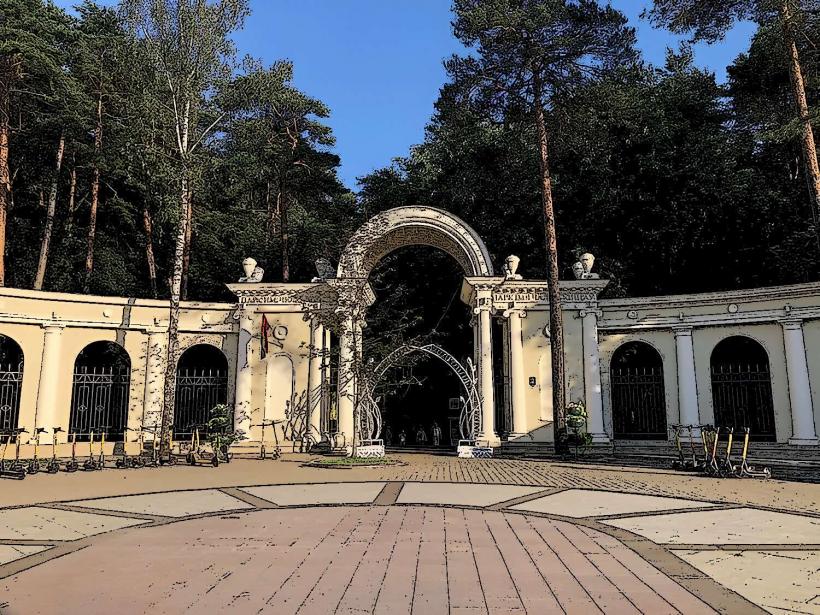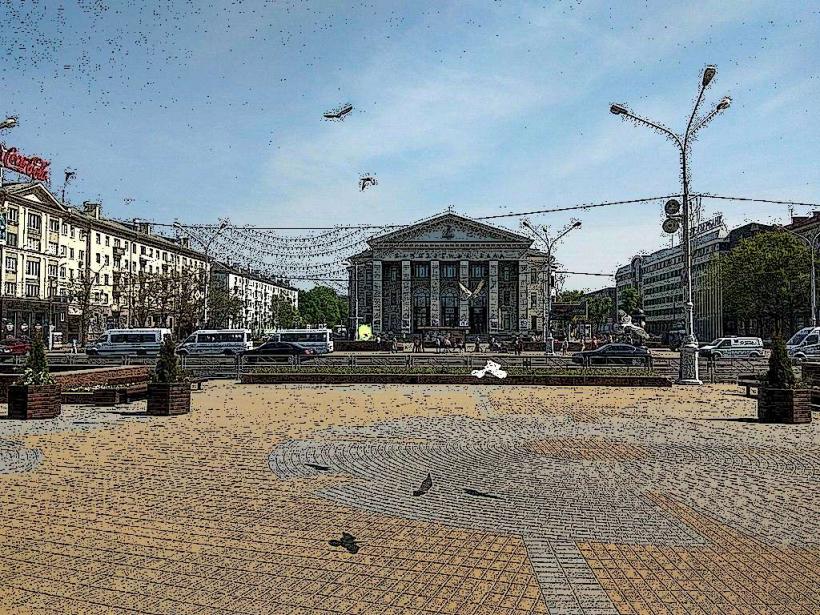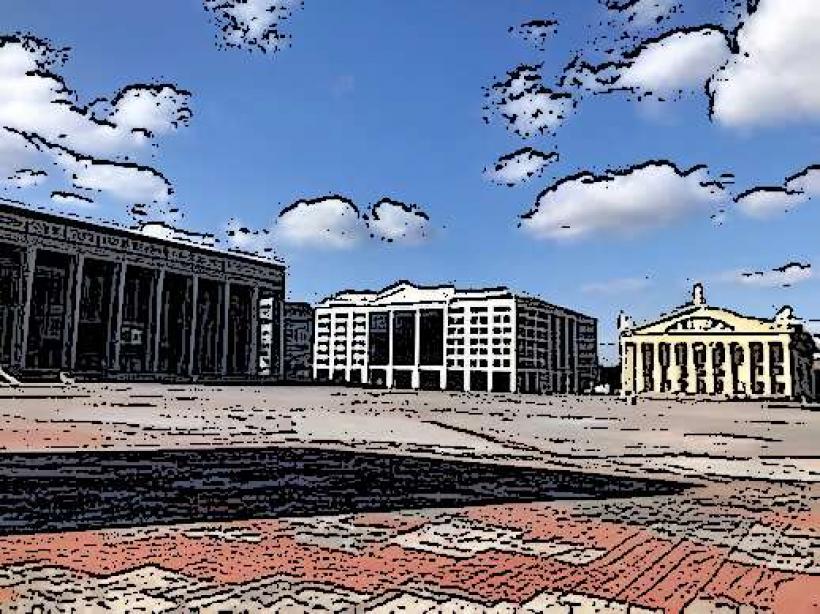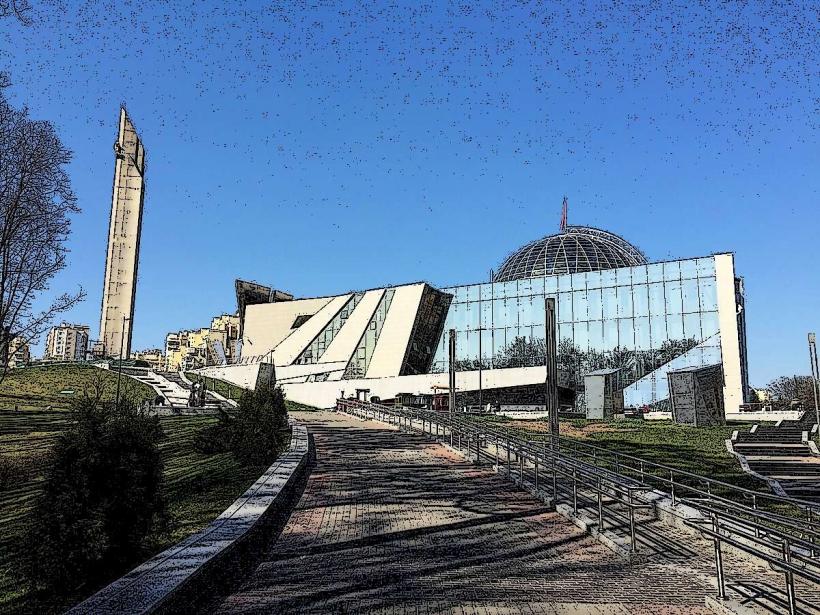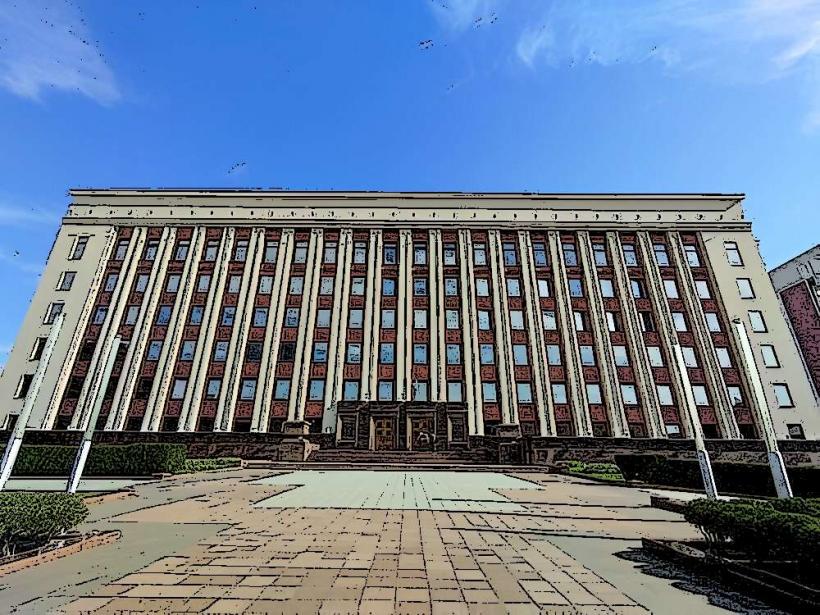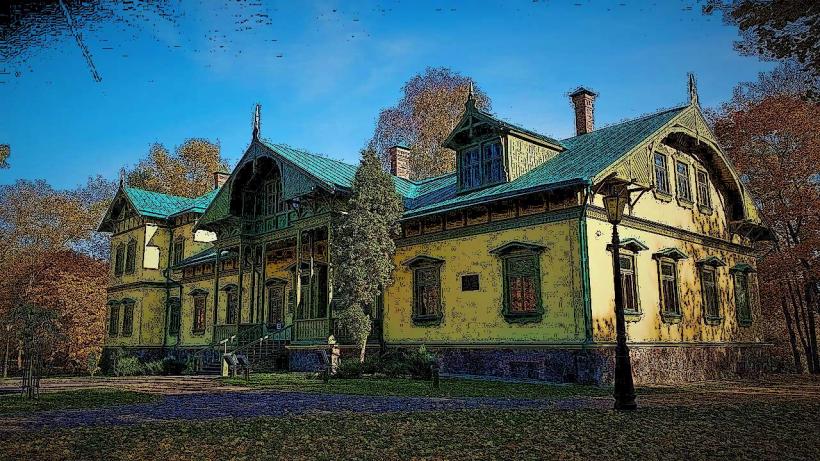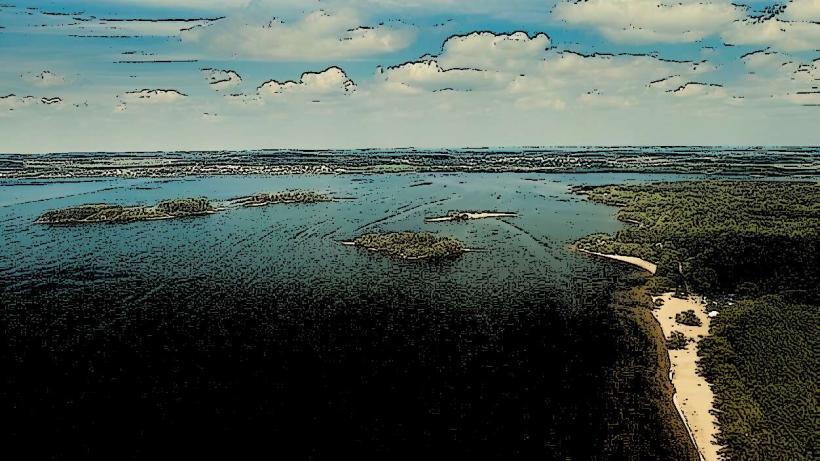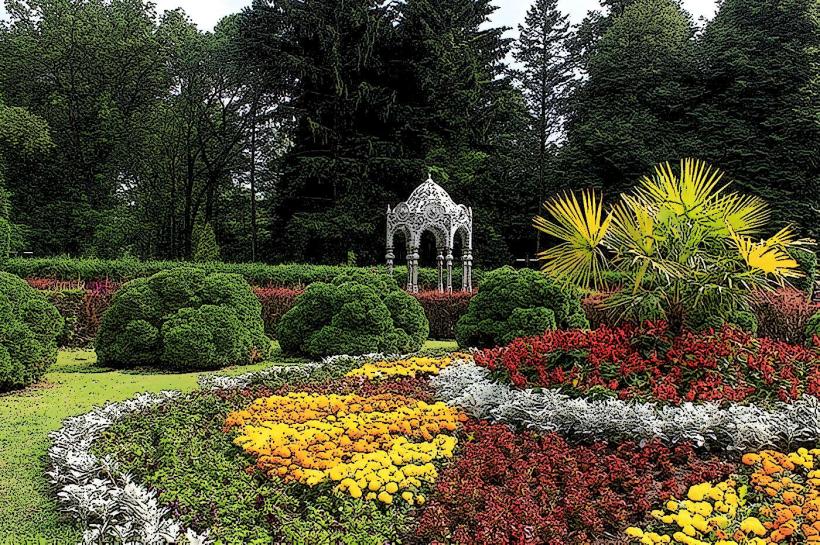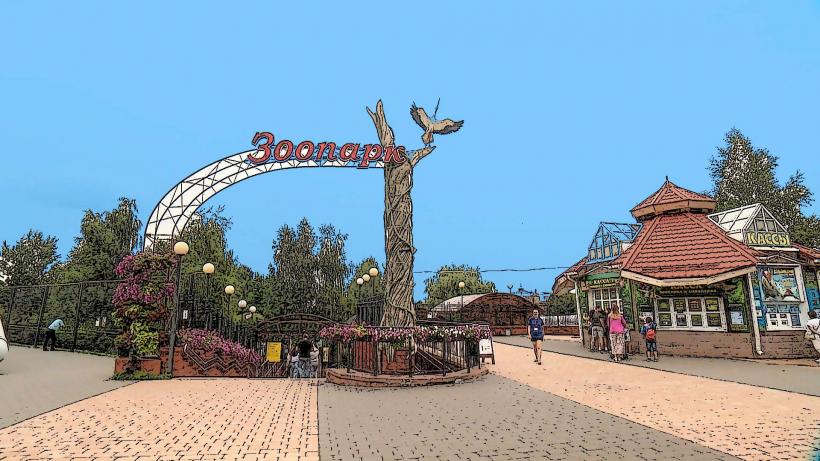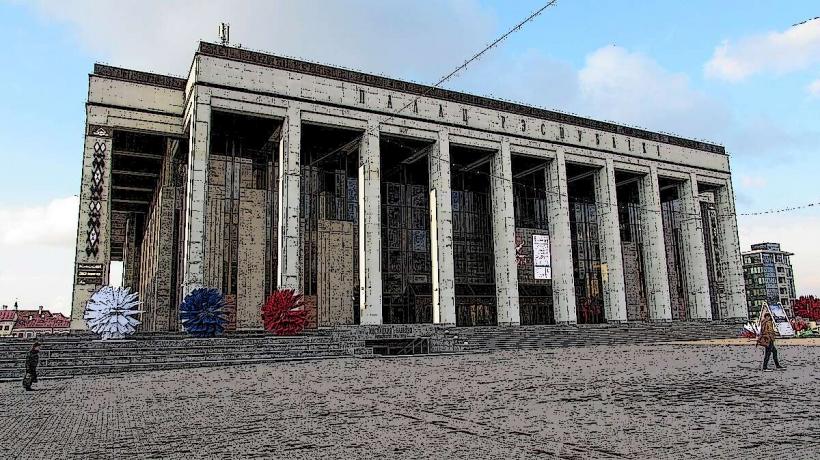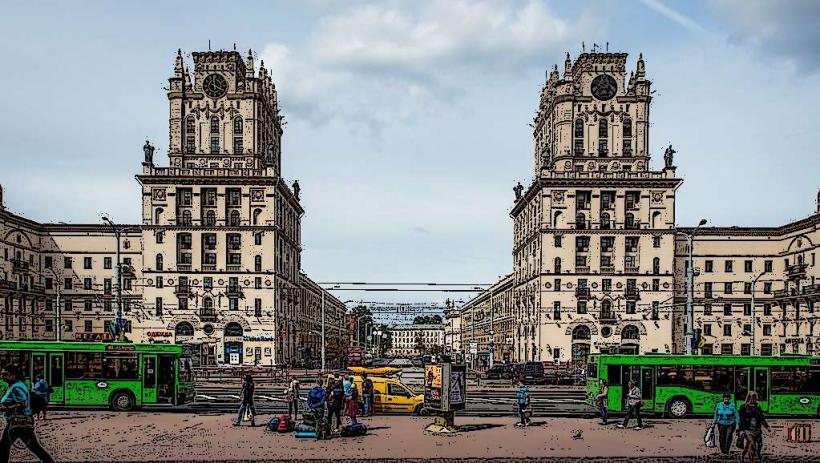Information
Landmark: Dnieper RiverCity: Minsk
Country: Belarus
Continent: Europe
Dnieper River, Minsk, Belarus, Europe
The Dnieper River (Belarusian: Дняпро, Ukrainian: Дніпро, Russian: Днепр) is one of the major rivers of Eastern Europe, flowing through Russia, Belarus, and Ukraine. It is the fourth-longest river in Europe, after the Volga, Danube, and Ural rivers, and is of immense historical, cultural, and economic significance to the region.
Geography and Course
- Length: Approximately 2,290 kilometers (1,420 miles).
- Source: The Dnieper originates in the Valdai Hills of Russia, near the city of Smolensk.
- Course: The river flows southward through Belarus, Ukraine, and ultimately into the Black Sea. It passes through key cities such as Minsk (Belarus), Kyiv (Ukraine), and Dnipro (Ukraine).
- Drainage Basin: The river has a large drainage basin, covering about 504,000 square kilometers (194,000 square miles), making it a critical waterway for a substantial portion of Eastern Europe.
- Tributaries: The Dnieper has several significant tributaries, including the Desna, Pripyat, and Sozh rivers.
Historical and Cultural Significance
- Ancient History:
- The Dnieper River has been a crucial waterway since ancient times, serving as a trade route connecting the Viking territories in the north with the Byzantine Empire and the Caucasus in the south.
- In the early medieval period, the river was part of the Varangians' trade routes, known as the "Varangian to the Greeks" route, which helped establish cultural and trade ties between Scandinavia, Eastern Europe, and Byzantium.
- Cultural Importance:
- The Dnieper has had a profound impact on the cultures and development of Ukraine, Belarus, and parts of Russia. It has been a symbol of national identity, especially in Ukraine, where it is often associated with the country's historical and cultural roots.
- Kyiv, the capital of Ukraine, is famously located on the banks of the Dnieper, and many of Ukraine's most significant historical events are tied to the river. The river features prominently in Ukrainian folklore, literature, and art.
- Military History:
- Throughout history, the Dnieper River has played a strategic role in military campaigns, particularly during World War II. The river was the site of major battles, such as the Battle of the Dnieper in 1943, when Soviet forces launched a successful offensive to push Nazi German troops out of Ukraine.
Ecology and Environment
- Flora and Fauna:
- The Dnieper River and its surrounding landscapes host a rich array of biodiversity. The riverbanks are lined with wetlands, forests, and grasslands, providing habitat for numerous species of plants and animals.
- The Dnieper is home to a variety of fish, including pike, carp, perch, and sturgeon. It also supports diverse populations of waterfowl, including swans, geese, and ducks.
- The river’s ecosystems have been affected by human activity, including pollution, hydroelectric dams, and industrialization. Conservation efforts are in place to protect the natural environment, particularly in the upper reaches of the river and its tributaries.
- Hydroelectric Power:
- The Dnieper has several hydroelectric dams built along its length, with major dams located in Ukraine. These dams provide a significant source of electricity for the region but also have environmental impacts on the river's flow and ecosystems.
- Some of the largest hydroelectric plants include the Kiev Hydroelectric Station, the Kaniv Hydroelectric Station, and the Zaporizhzhia Hydroelectric Station.
Economic Importance
- Transportation and Shipping:
- The Dnieper is a vital waterway for the transportation of goods, particularly in Ukraine and Belarus. It provides a key route for cargo ships carrying commodities like grain, coal, and metals.
- The river is navigable for much of its length, although portions of the river, particularly in Belarus, require boats to navigate through shallow and winding sections.
- Agriculture:
- The river is central to the agricultural economy of the region, particularly in the fertile plains of Ukraine, which depend on the river for irrigation. The surrounding land is highly productive, supporting the cultivation of wheat, corn, and sunflower.
- Water Supply:
- The Dnieper is a primary source of drinking water and irrigation for millions of people living in cities like Kyiv, Dnipro, and Zaporizhzhia. It is essential for the region's agricultural and industrial activities.
Tourism and Recreation
- River Cruises:
- The Dnieper is a popular destination for river cruises, particularly between Kyiv and Dnipro, offering tourists views of the picturesque riverbanks, lush greenery, and historical sites. These cruises often pass by ancient castles, monasteries, and other cultural landmarks.
- Water Sports:
- The Dnieper offers a variety of opportunities for water sports, such as boating, fishing, and kayaking. In the summer, locals and tourists alike flock to the river for recreational activities and relaxation along its beaches.
- Nature Reserves:
- The river passes through several protected areas and nature reserves, such as the Dnieper-Bug Canal and parts of the Dnieper Delta, which are important for birdwatching and preserving the natural habitats of the river’s ecosystems.
Major Cities on the Dnieper
- Kyiv (Ukraine): The capital city of Ukraine, situated on the banks of the Dnieper, is a historic cultural hub with landmarks such as the Kyiv Pechersk Lavra, Saint Sophia Cathedral, and Khreshchatyk Street.
- Dnipro (Ukraine): An industrial city known for its aerospace, manufacturing, and metallurgical industries. It is a major port on the Dnieper River.
- Zaporizhzhia (Ukraine): Located near the Dnieper River, the city is home to the Zaporizhzhia Hydroelectric Station and the historic Khortytsia Island, a key site in the history of the Zaporozhian Cossacks.
- Minsk (Belarus): Although not directly on the Dnieper, Minsk lies close to its tributary, the Svislach River, and is part of the Dnieper’s watershed.
Why Visit the Dnieper River
The Dnieper is an iconic river that provides a combination of natural beauty, cultural heritage, and economic importance. Its banks are rich with history, folklore, and iconic landmarks, making it a key destination for travelers interested in exploring the cultural heart of Eastern Europe. Whether you are visiting for historical exploration, recreational activities, or simply to enjoy its serene landscapes, the Dnieper offers a range of experiences.

